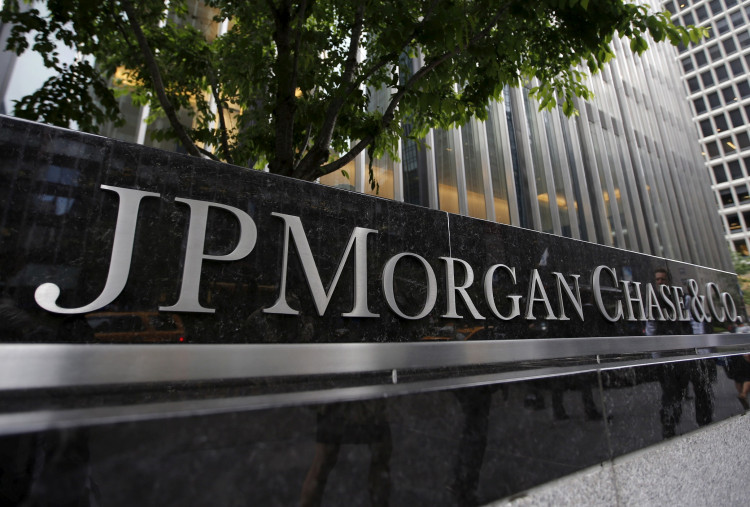Riding the tailwind of its acquisition of First Republic Bank, JPMorgan Chase has significantly bolstered its earnings in the tumultuous year of 2023, further solidifying its leadership in the U.S. banking sector.
On December 27, statistics based on data from industry tracker BankRegData revealed that JPMorgan Chase's net profit for the first three quarters of 2023 reached $38.9 billion, capturing nearly 20% of the entire U.S. banking industry's profits, surpassing the combined profits of its biggest competitors, Bank of America and Citigroup.
JPMorgan Chase's earnings reports previously indicated that its net profit for the first three quarters of the year was $40.245 billion, up from $26.668 billion in the same period last year, marking a 50.91% year-over-year increase.
The massive interest rate hikes by the Federal Reserve this year have put tremendous pressure on the U.S. banking industry. Deteriorating credit causing an increase in bad debts and rising deposit costs leading to competition could potentially decrease banks' net interest income.
Moreover, rising yields mean that the value of bonds held by banks decreases, causing unrealized losses and putting pressure on capital levels. Higher borrowing costs have also suppressed demand for mortgages and corporate loans.
Media analysis indicated that the industry headwinds significantly impacted smaller banks this year, while JPMorgan Chase managed to remain firmly seated as "Wall Street's top dog" by capitalizing on the acquisition of First Republic Bank and leveraging its competitors' "missteps."
So far this year, JPMorgan Chase's stock price has risen nearly 24.62%.
Advantage 1: Seizing Opportunities
Wall Street has previously mentioned that JPMorgan Chase's acquisition of First Republic Bank was not solely for altruistic reasons; it holds significant strategic importance. JPMorgan Chase can hold First Republic Bank's loans at a lower risk and cost, aiding its growth in wealth management and competing with rivals like Morgan Stanley.
For the second quarter of this year, after acquiring all the deposits and the majority of assets from First Republic Bank, JPMorgan Chase's Q2 net revenue was $41.31 billion, up 34% year-over-year, or 21% excluding First Republic Bank.
In the third quarter, JPMorgan Chase's net interest income (NII), which has been closely watched by the market, was $22.9 billion, higher than the analyst expectation of $22.3 billion and up 30% year-over-year, or a 21% increase excluding First Republic Bank's impact.
Former Boston Fed President Eric Rosengren commented that JPMorgan Chase has been very efficient in "capitalizing" on opportunities involving distressed companies.
Advantage 2: Standing Out Among Peers?
Media analysis suggests that while JPMorgan Chase makes the right strategic moves, many banks face strategic missteps, especially in a high-interest-rate environment:
The Fed's rate hikes have led banks to incur bond valuation losses exceeding $100 billion. Since 2016, Wells Fargo has been penalized for opening millions of fake accounts, and the Fed unusually imposed an asset cap on Wells Fargo. Due to unauthorized accounts and mismanagement, Wells Fargo has paid a total of nearly $6.7 billion in settlements and compensation fees in recent years, further limiting its profitability.
Citigroup announced in November that it's undergoing another round of organizational restructuring and continuing to streamline personnel, with its revenue entering a challenging phase in recent years.
Goldman Sachs's net profit for the first half of the year dropped by 35%, and it has initiated several rounds of layoffs this year, cutting thousands of jobs.
Jefferies Bank's head of research, Ken Usdin, noted that what's most impressive about JPMorgan Chase this year is that considering its enormous scale, "it still managed to achieve the highest return on assets among its peers."




